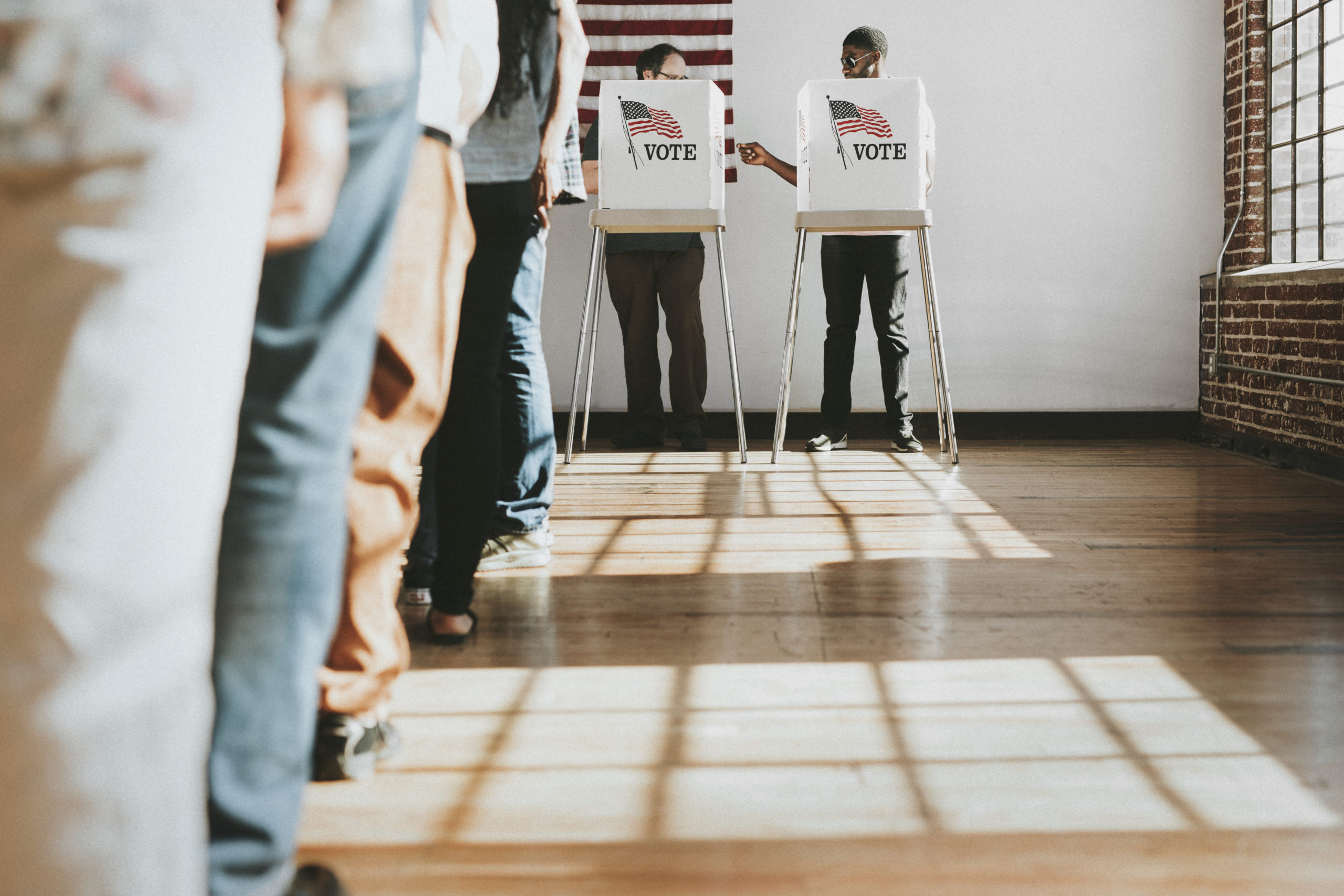The very foundation of our democracy has been tested over the last two years. It has withstood the challenge so far, but the cracks are showing.
A cornerstone that has helped our republic withstand the storm has been the local election officials from both parties who have been administering our elections faithfully and fairly under increasingly challenging circumstances.
At a time when trust in our nation’s institutions – from elected officials to the media – has waned, local election officials continue to be respected by the electorate.
A recent statewide survey conducted by the Muhlenberg College Institute of Public Opinion for Keep Our Republic found that county election officials are more trusted to provide the state with safe, secure, and accurate elections than the Commonwealth’s legislative, executive, and judicial institutions. Despite more than a year of conspiracy theories and misinformation about the 2020 election, two-thirds of Pennsylvania voters still trust these local officials, compared to fewer than half of voters who trust the legislature and the governor.
That trust is well placed. In what was likely the most scrutinized, litigated, and audited election in the history of Pennsylvania, no fraud or other wrongdoing by local election officials was found.
Yet with Pennsylvania a focal point in the 2020 election – and expected to remain so this year and in the 2024 presidential election year – county officials have been, and will likely continue to be, a target of abusive, vitriolic attacks from angry, misinformed, conspiracy-minded voters.
Listen to what these officials have had to endure since 2020:
Al Schmidt, the since-retired Republican city commissioner on the Philadelphia Board of Elections was threatened: “Tell the truth or your three kids will be fatally shot.”
Rural Tioga County officials faced social media attacks in which they were called traitors and reminded that there were “plenty of trees” in a nearby gorge to “hang ropes from.”
In Indiana County, a county official reported that “the phone was ringing off the hook,” with “threats, veiled threats and accusations.”
The election director in Washington County heard from angry callers making false claims and threatening to turn her in to the police, the FBI, Fox News, or CNN. She recently reported that, well over a year since the presidential election, “we’re still being attacked.”
It is no wonder that, driven by this kind of harassment and coupled with the workload and stress of keeping up with election changes without enough support from the state or federal governments, nearly half of all election directors in Pennsylvania and many of their top staffers have stepped down since the 2020 election.
The turnover is likely to continue. A national survey issued last month by the Brennan Center for Justice found that one in five local officials who have made it this far are likely to quit before the 2024 election.
These officials, who place their responsibility to ensure smooth and fair elections above partisanship, are a crucial cog in the machinery of our democracy. They deserve to be defended and supported.
States and the federal government need to step up enforcement of harassment and threats of violence against election officials.
The U.S. Department of Justice launched an Elections Threats Task Force to investigate the more than 850 reports of threats to election officials received so far and to “deter, detect and protect against threats of violence.” That work must be pursued vigilantly and with support from other law enforcement agencies nationally and here in Pennsylvania.
State and local government should be adequately funding county election systems so they can ensure safe, secure, and accessible elections. More funds for staffing, voting technology upgrades, and security measures like cameras at ballot drop boxes would help county officials run elections more smoothly and instill greater trust in their outcomes.
One improvement that would cost no money would be to give counties more time to process mail-in ballots and prepare them for counting, instead of waiting until election day itself, which is the current law. This limitation put a tremendous burden on counties to complete their vote counts, causing delays that fed into the unfounded suspicion and misinformation around mail-in ballots and the overall election results.
Just this month in testimony before the Pennsylvania House State Government Committee, members of the Election Law Advisory Board, a bipartisan, bicameral entity designed to study election law and technology and suggest potential changes, made that one recommendation above any others: open a longer pre-canvassing period for counties to process mail-in ballots.
More fundamentally, though, we need our elected officials to defend local election officials, herald them for their service, and stop feeding into the unsubstantiated claims and undemocratic conspiracy theories that are putting them at risk.
We need to support, not sabotage, Pennsylvania’s county election officials, so they can continue to ensure smooth, secure elections while protecting our sacred right to vote.
Mary B. McCord is the Executive Director of the Institute for Constitutional Advocacy and Protection and a Visiting Professor at Georgetown Law. She is a former acting Assistant Attorney General for National Security at the U.S. Department of Justice. Ari Mittleman is a native of Allentown and worked with U.S. Sen. Bob Casey, D-Pa.. He now works with Keep Our Republic, a non-partisan civic education non-profit committed to strengthening checks and balances of our democracy. McCord is also affiliated with Keep Our Republic.


